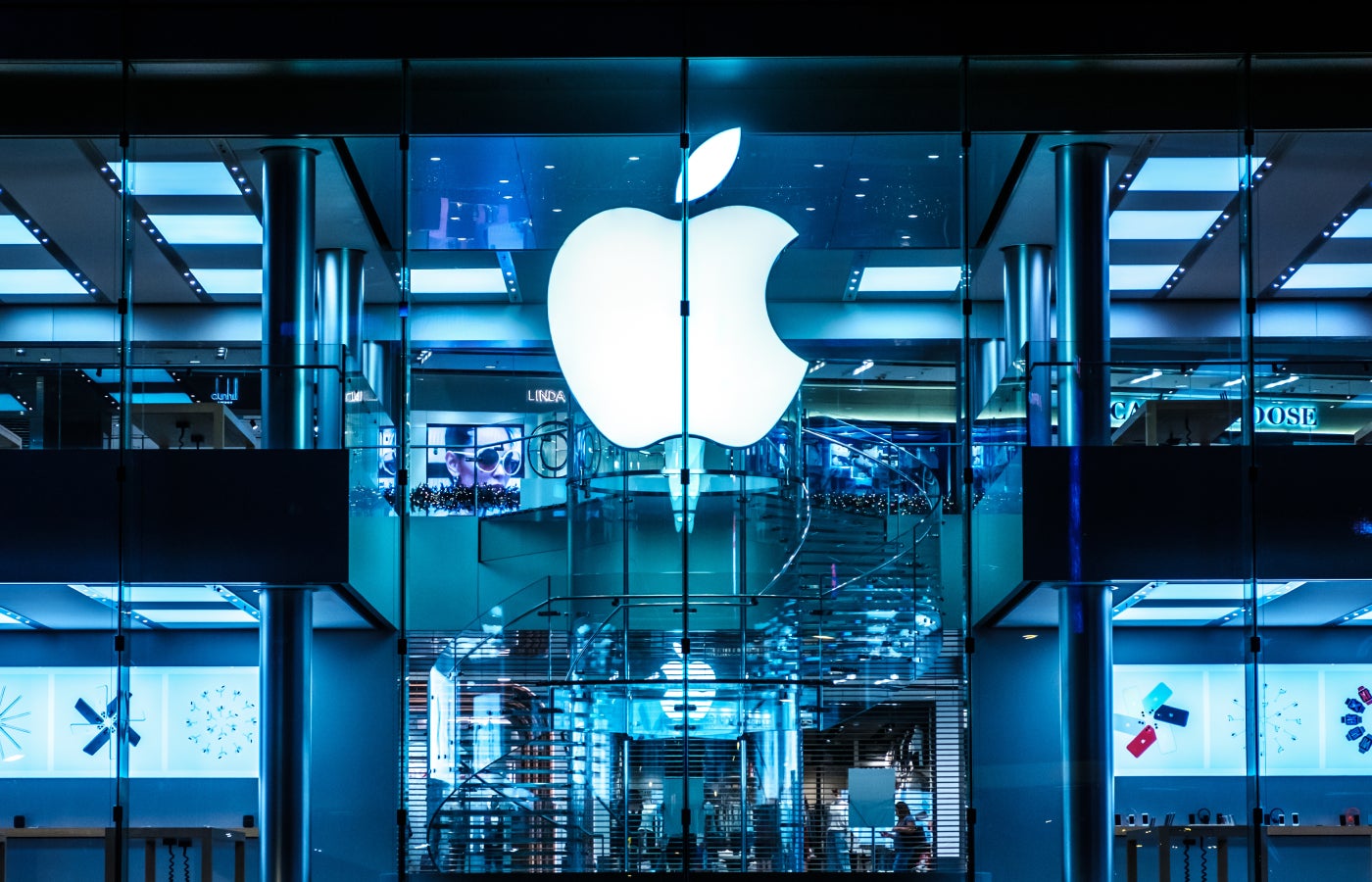There is evidence that the EU may get Apple Intelligence after all — thanks to a tiny difference in the release notes for macOS Sequoia 15.1 and iOS 18.1. It was previously thought that the AI feature would not be available in the bloc on any Apple device due to the Digital Markets Act.
Apple Intelligence is a suite of generative AI capabilities to be integrated into the next generation of Apple devices running on iOS 18, iPadOS 18, and macOS Sequoia. Back in June, the Cupertino giant revealed that devices in the EU will not come with Apple Intelligence this year, via Bloomberg. This was due to “regulatory uncertainties brought about by the Digital Markets Act.”
The DMA places regulations on the tech giants that operate in the EU to promote competition, prevent monopolistic practices, and enhance user choice within the digital marketplace. Among other things, it asks companies to share data with third parties and prevents them from favouring their own products and services above their rivals.
Despite previously asserting that EU users would not have access to Apple Intelligence on any device, Apple’s beta 1 release notes for macOS Sequoia 15.1 and iOS 18.1 suggest otherwise, as spotted by 9to5Mac.
SEE: Apple WWDC Keynote: iOS 18, iPad OS 18 and macOS 15 Sequoia Coming in Fall
Beta versions of the operating systems have been available to developers since July 29. The accompanying macOS notes state, “Apple Intelligence is not currently available in China,” while the iOS notes say, “Apple Intelligence is not currently available in the EU or China.”
As such, EU-based developers with compatible Macs can download the beta version of macOS Sequoia 15.1 and try out Apple Intelligence, provided their device language is set to U.S. English.
They can also download the beta versions of iOS 18.1 or iPadOS 18.1 on their iPhone or iPad, but they cannot use Apple Intelligence on them. When the operating systems are made available to all EU Apple users, this may still be the case.
Apple declined to provide a comment about the differences in the release notes.
Why Apple could release Apple Intelligence to EU-based Mac users and still comply with the DMA
The distinction between releasing Apple Intelligence in the EU on macOS rather than iOS or iPadOS does, in fact, align with the DMA.
The Act’s requirements apply only to the 24 core platform services offered by the seven “gatekeeper” companies, including Alphabet, Amazon, Apple, Booking, ByteDance, Meta, and Microsoft.
Of these 24, only the App Store, Safari, iOS, and iPadOS are considered core platform services — not macOS. This is likely because its market share is relatively small compared to other operating systems, meaning it does not have the same level of control or influence over the market.
Therefore, in theory, Apple could release Apple Intelligence onto macOS Sequoia 15.1 in the EU without complying with the DMA requirements. It cannot do this with Apple Intelligence on iOS 18.1 and iPadOS 18.1 without facing a fine from the European Commission.
SEE: macOS 15 Sequoia Cheat Sheet: Release Date, Name, Features and More
It is unclear why Apple is refusing to alter Apple Intelligence to comply with the DMA on all devices
Apple remains tight-lipped about the specifics of its reluctance to alter Apple Intelligence, as well as iPhone Mirroring and SharePlay Screen Sharing, so they comply with the DMA. But the requirement to allow third-party companies to interoperate with them may be a contributing factor.
According to a statement that Apple spokesperson Fred Sainz provided to The Verge, the company is “concerned that the interoperability requirements of the DMA could force us to compromise the integrity of our products in ways that risk user privacy and data security.”
However, these interoperability requirements largely apply to messaging services rather than AIs like Apple Intelligence. Messaging platforms must allow users to communicate across different apps, and data must be easily transferable between services to comply with the DMA.
Speaking at the Forum Europa in June, Margrethe Vestager, the European Commissioner for Competition, said, “I find that very interesting that [Apple says] ‘we will now deploy AI where we’re not obliged to enable competition.’”
She described it as an “open declaration that they know 100% that this is another way of disabling competition where they have a stronghold already.” Were Apple to provide more detailed information about why having Apple Intelligence comply with the DMA would present a security issue, Vestager’s point could be quickly disproved.
Thomas Regnier, a European Commission spokesperson, told TechRepublic in an emailed statement, “The EU is an attractive market of 450 million potential users and has always been open for business for any company that wants to provide services in the European internal market.
“All companies are welcome to offer their services in Europe, provided that they comply with E.U. legislation.
“It is the companies’ responsibility to ensure that their services comply with our legislation.”
Withholding Apple Intelligence from EU users would have severe financial consequences — and Apple knows it
Many analysts expect that the inclusion of Apple Intelligence will drive consumers to upgrade their devices, as only the iPhone 15 Pro or Pro Max will be compatible initially.
Dan Ives, an analyst at Wedbush Securities, told Reuters he expects over 15% of iPhone users will upgrade to the yet-to-be-announced iPhone 16 “as Apple Intelligence is the killer app many have been waiting for.”
Furthermore, Europe accounts for over a quarter of Apple’s total revenue, so the loss of the region’s market upon the launch of Apple Intelligence would cost the company dearly. As such, the firm is still in communication with the European Commission to see if a solution can be found.
Last week, Apple CEO Tim Cook said on an investor call that Apple is “engaged” with regulators to make AI features available to “everyone” after being asked about the rollout of Apple Intelligence in both the EU and China, according to 9to5Mac.
Sainz’s statement to The Verge also said, “We are committed to collaborating with the European Commission in an attempt to find a solution that would enable us to deliver these features to our EU customers without compromising their safety.”
What is the Digital Markets Act?
The DMA, established in 2022, is an EU regulation that intends to promote fairness and competition among digital products and services. It established obligations for certain influential tech firms, dubbed “gatekeepers,” that must comply within their daily operations.
These cover:
- Providing users access to the data gatekeepers collect about them.
- Tracking users outside their platforms.
- Allowing third parties to interoperate within their platforms.
- Allowing users to uninstall any pre-installed software or app.
- Deprioritising services and products offered by third parties on the gatekeeper’s platform.
Fines for noncompliance with the DMA can be up to 10% of the company’s total worldwide turnover, going up to 20% in cases of repeated infringement. In more extreme instances, the commission may order an organisation to sell all or parts of its business or ban the organisation from acquiring related services.
Last month, Apple became the first tech giant to be formally charged by the European Commission for violating the DMA.
The commission found that Apple has three sets of business rules that ultimately prevent iOS app developers from directing their users towards third-party purchase options. This goes against the DMA, which states that developers should be able to steer their customers toward purchasing options outside of the App Store easily and free of charge.






